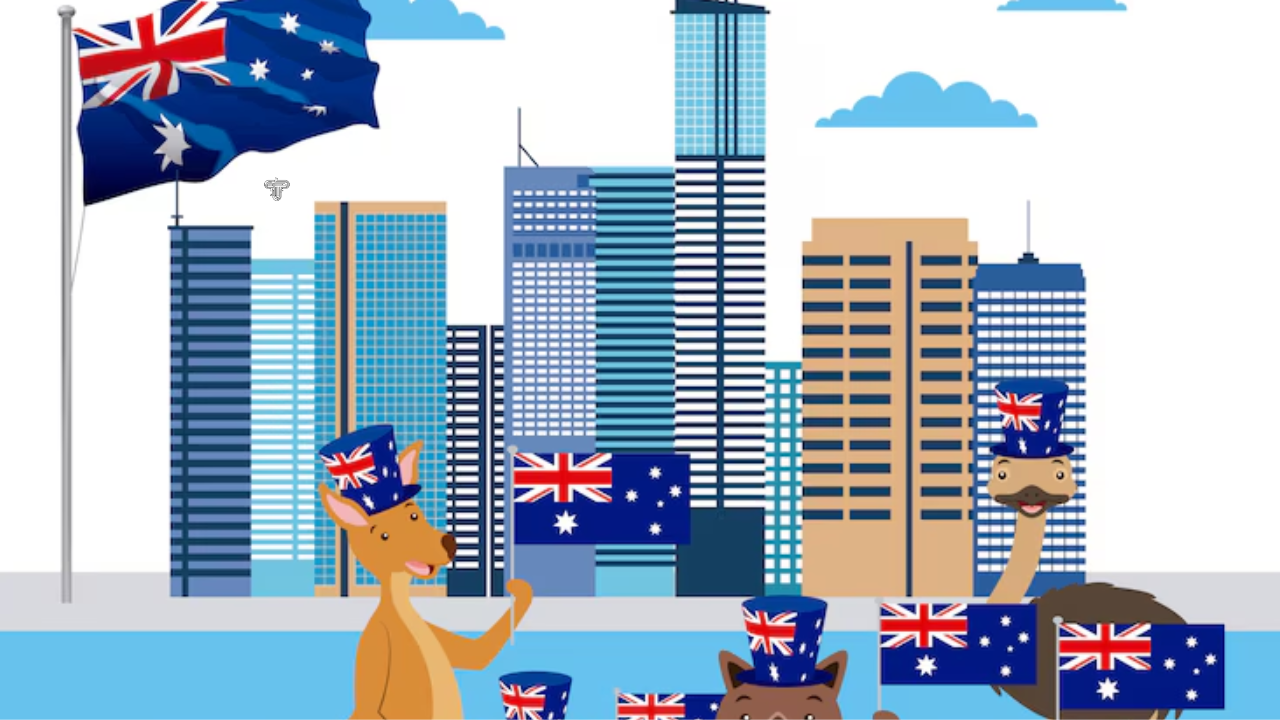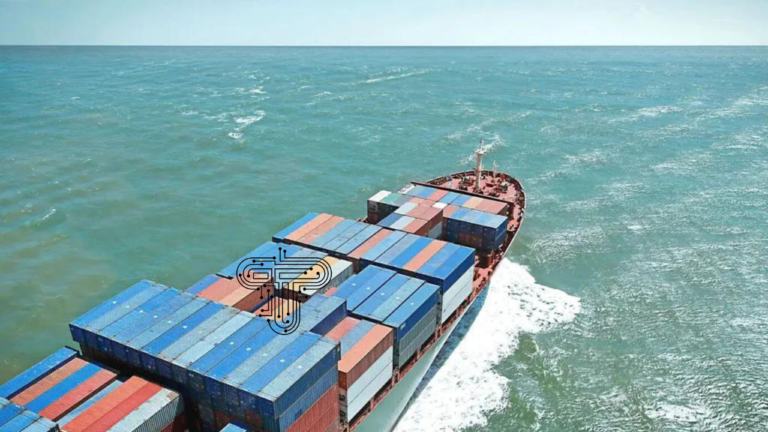NZ to Australia: What Makes a Move Less Stressful
Relocating internationally is a significant life event, and for many New Zealanders, moving to Australia is a natural progression—whether for work opportunities, family connections, or a lifestyle change. Despite the geographical proximity and cultural similarities, an overseas move still presents its own set of challenges. However, with careful planning and the right support, the process can be much more manageable.
Understanding the Practical Differences
One of the first steps in reducing relocation stress is to fully understand the practical differences between life in New Zealand and Australia. While both countries share many commonalities, there are key distinctions in areas such as healthcare, cost of living, taxation, and employment regulations.
For example, New Zealand citizens are generally entitled to live and work in Australia without a visa under the Special Category (Subclass 444) visa. However, this does not automatically grant access to all public services. It’s important to research your entitlements and responsibilities before the move, including potential changes to your superannuation arrangements and any impact on government benefits.
Planning and Timing the Move
Good timing can significantly influence how smoothly a move unfolds. Consider the Australian seasons, as well as school calendars if you have children. The Australian summer (December to February) can be hot and hectic in some regions, particularly for removals and property searches. Planning your relocation outside of peak seasons may save money and reduce stress.
Moreover, giving yourself at least three to six months to plan the move can make a major difference. This allows enough time for downsizing possessions, organising documentation, and securing housing and employment before arriving.
Managing Logistics and Paperwork
From customs declarations to pet importation and vehicle shipping, the paperwork involved in an international move can be overwhelming. Australia has strict biosecurity laws, meaning that items like wooden furniture, outdoor equipment, and food products may need to be declared, cleaned, or even left behind.
It’s also essential to notify New Zealand authorities of your departure. This includes updating your records with IRD, ACC, and healthcare providers. Likewise, setting up the basics in Australia before your arrival, such as a bank account, mobile number, and Tax File Number (TFN), can help you settle in faster.
Choosing the Right Moving Company
Partnering with a reputable international moving company is the most critical factor in ensuring a smooth relocation. The right movers can handle logistics, customs clearance, and safe transport of your belongings, offering peace of mind and valuable guidance throughout the process.
It’s worth seeking out companies with a proven track record in trans-Tasman relocations. Their experience will be instrumental in helping you make informed decisions about what to pack, how to protect fragile items, and how to navigate legal or logistical hurdles. Reliable movers also offer additional services like storage, insurance, and vehicle relocation, which can be tailored to suit your specific needs.
In particular, selecting an experienced provider can significantly make the transition smooth when relocating to Australia, reducing both the workload and anxiety that typically accompany such a move.
Emotional and Cultural Preparation
While the two nations share a deep connection, moving abroad always carries emotional weight. The initial excitement often gives way to feelings of homesickness, especially in the first few months. Staying connected with family and friends through regular video calls or visits can help ease the transition.
Adapting to the subtleties of Australian culture, such as local slang, workplace etiquette, and social customs, can also help foster a smoother integration into your new community. Joining local clubs or attending community events can be a great way to build new friendships and create a sense of belonging.
Financial Considerations
A move to Australia also requires solid financial planning. Exchange rates, international bank fees, and variations in the cost of living should all be factored into your budget. Additionally, if you’re transferring large sums of money, consider using foreign exchange specialists to get better rates than traditional banks.
It’s wise to account for hidden costs, including customs duties, pet relocation fees, and deposits for rental accommodation. Having a contingency fund can provide a valuable cushion as you adjust to your new environment.
Settling In: The First Few Months
Once you arrive, your focus will likely shift to getting established. This includes enrolling your children in school, registering with healthcare providers, and familiarising yourself with local transport and amenities. The initial settling-in period can feel chaotic, but maintaining a checklist can help ensure nothing important is overlooked.
Try to give yourself time and patience. It often takes several months before life begins to feel “normal” again. Celebrate small wins—like your first successful grocery shop or the moment you navigate the public transport system unaided—as milestones on your journey.
Tech Blaster
Final Thoughts
Relocating from New Zealand to Australia is a major step, but it doesn’t have to be overwhelming. By doing your homework, planning thoroughly, and enlisting professional help where needed, you can minimise disruption and focus on the exciting opportunities ahead. Whether you’re chasing a new job, reuniting with family, or simply looking for a fresh start, a well-executed move can pave the way for a rewarding new chapter.







